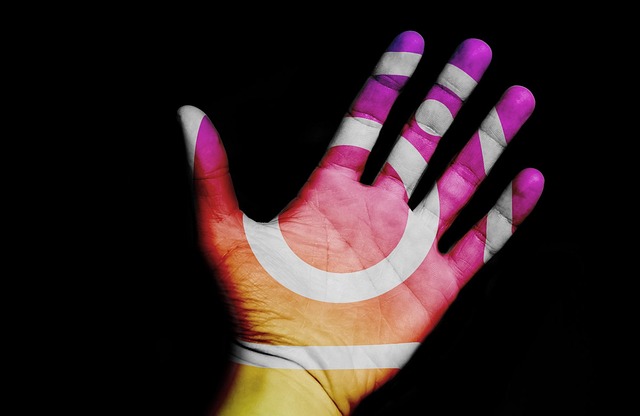In today’s digital age, social media platforms have transformed the way we communicate, share, and perceive ourselves. With a click of a button, we can connect with friends, family, or even strangers across the globe. However, amidst this connectedness lies a double-edged sword: the phenomenon known as upward social comparison. This concept, prevalent on platforms like Instagram, Facebook, and Twitter, occurs when individuals compare themselves to others who they perceive to be better off or more successful.
When scrolling through carefully curated profiles showcasing glamorous vacations, designer outfits, and seemingly perfect lives, it’s easy to fall into the trap of upward social comparison. You might see someone achieving their dream body or landing their dream job and start to measure your own successes—or perceived failures—against theirs. This can stir feelings of inadequacy and self-doubt, tugging at the edges of your self-esteem and leading to a disconcerting sense of envy.
Yet, the impact of upward social comparison is not solely negative. For many, witnessing the accomplishments of others can be a source of inspiration. It pushes individuals to set higher goals and strive for betterment. The key is how we interpret these comparisons. Are we using them as motivation to grow, or are we allowing them to diminish our self-worth? Recognizing the emotional triggers that arise from social media is essential; it can help in transforming these feelings from jealousy into ambition.
Moreover, social media has a profound impact on the way we view success and happiness. The constant bombardment of highlight reels can alter perceptions, fostering unrealistic expectations about life and success. A study revealed that users who engaged in frequent upward comparisons often reported feelings of anxiety, depression, and even dissatisfaction with their own lives. Acknowledging that these curated snapshots don’t represent reality is crucial in navigating the complex landscape of social media.
Additionally, it’s important to curate your feeds consciously. Following accounts that promote positivity, mental health awareness, and authenticity can mitigate the negative effects of upward social comparison. Surrounding yourself with uplifting content creates a supportive digital environment, allowing you to view others’ success as a source of motivation rather than a benchmark for your worth.
In a world where social media dictates so much of our daily lives, understanding the dynamics of upward social comparison is more important than ever. It allows us to reflect on our perceptions of success and wellness, enabling us to cultivate healthier relationships with ourselves and with others. Recognizing that everyone has their struggles—no matter how glamorous their online presence may appear—fosters empathy and encourages a more balanced view of life.
By navigating social media mindfully and focusing on our personal growth, we can harness the power of connection that these platforms offer while avoiding the pitfalls of comparison. As we venture through our personal journeys, let’s remind ourselves that our worth isn’t defined by others’ achievements but by our unique paths and experiences.



